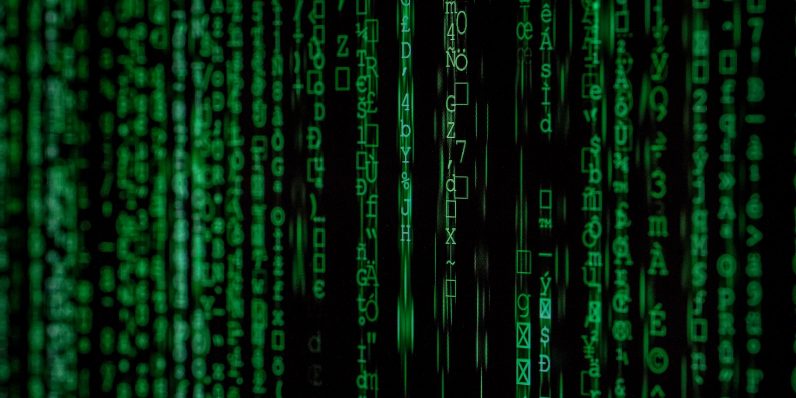2020-2-6 21:24 |
US lawmakers and the Department of Justice are looking to ban end-to-end encryption, making Internet users vulnerable to a host of attacks on their privacy from both malicious hackers and from the government.
Attorney General William Barr along with Sen. Senator Richard Blumenthal (D-CT) and Sen. Lindsey Graham (R-SC) seeking to ban companies from using end-to-end encryption with a new draft bill called “Eliminating Abusive and Rampant Neglect of Interactive Technologies (or EARN IT) Act.”
If companies do not follow the practices set by a national commission, that would be comprised of 15 people and led by Barr himself, the act would make them liable in state criminal cases and civil lawsuits over child abuse and exploitation.
The ban, however, “is potentially unconstitutional under the First, Fourth, and Fifth Amendments,” said Riana Pfefferkorn, a member of the Stanford Law School’s Center for Internet and Society.
If passed, the law would also require companies like Telegram to allow backdoor government access to encrypted information.
Bitcoin bull and Fundstrat’s Tom Lee also said it “would have some negative impact on crypto and digital assets which are grounded by cryptography.”
Resist pressure from all governmentsBarr claimed to want to protect the children by this move. Last week, at the White House Summit on Human Trafficking, Barr said encryption was aiding human traffickers.
“We live in a digital age, and like everyone else, human traffickers are relying increasingly on digital communication and the Internet … and more and more, the evidence we rely on to detect and to deal with these predators is digital evidence.”
“However, increasingly, this evidence is being encrypted.”
Barr said that while encryption is important to protect consumers from cybercriminals, “military-grade encryption” means they can’t get access to this data. He said,
“We just can’t have chat rooms and websites that are involved in grooming children victims or selling trafficked women — sites that are impenetrable to law enforcement—and we have to do something about this.”
Previously Barr said that technology companies using end-to-end advanced encryption are effectively turning devices into “law-free zones.”
Brett Max Kaufman, a senior staff lawyer in the Center for Democracy at the American Civil Liberties Union is in opposition to this as he said,
“Encryption reliably protects consumers’ sensitive data.”
“There is no way to give the F.B.I. access to encrypted communications without giving the same access to every government on the planet. Technology providers should continue to make their products as safe as possible and resist pressure from all governments to undermine the security of the tools they offer.”
Australia Trying itA similar Act was passed in Australia. The Assistance and Access Act in late 2018 was passed that gives Australian authorities and agencies the power to compel technology companies and their employees to provide access to encrypted data.
The Act was widely criticized for undermining the security of encryption and potential abuse of the new powers. During the second half of last year, 18 technical requests were issued. Assistant minister for cybersecurity Tim Watts said last year,
“It was a failure of parliamentary process, a failure of bipartisanship on national security and a failure of the Morrison government to keep its word. Since then, Australia’s technology sector, particularly our cyber security sector, has been paying the price of these failures. Labor is acting to right these wrongs.”
Now, the amendments to the Act are being debated in the Senate.
origin »Bitcoin price in Telegram @btc_price_every_hour
Babes and Nerds (BAN) íà Currencies.ru
|
|












